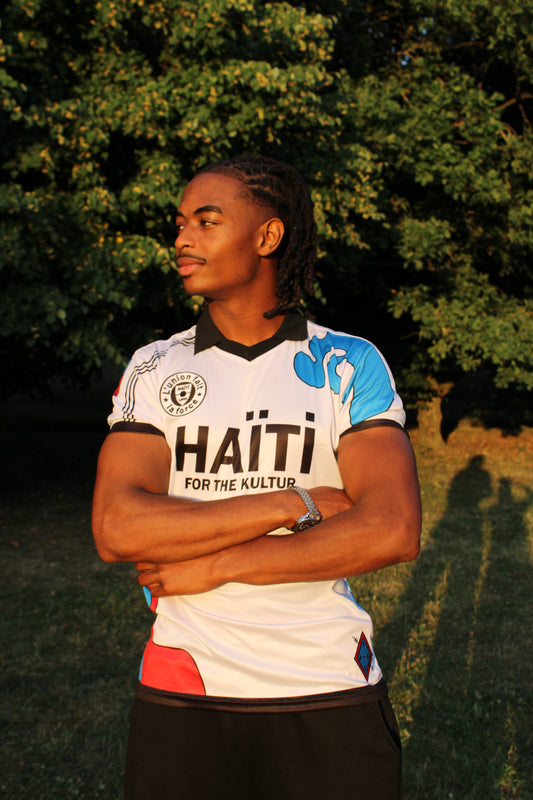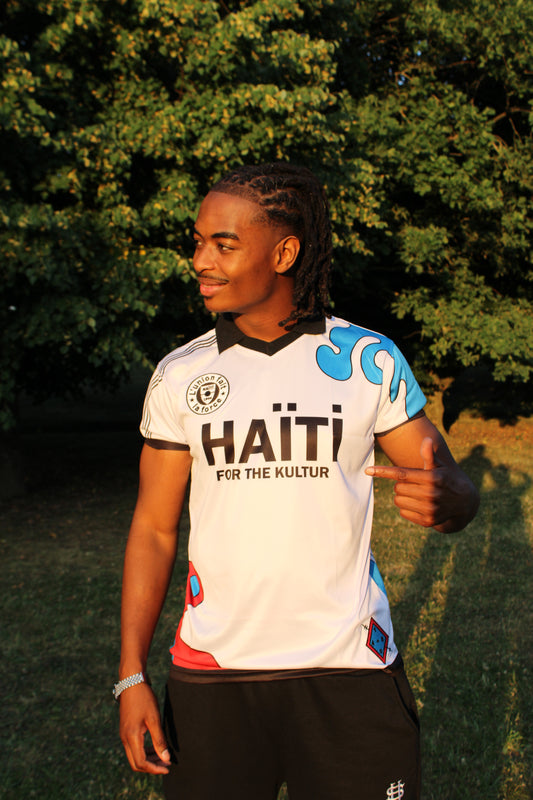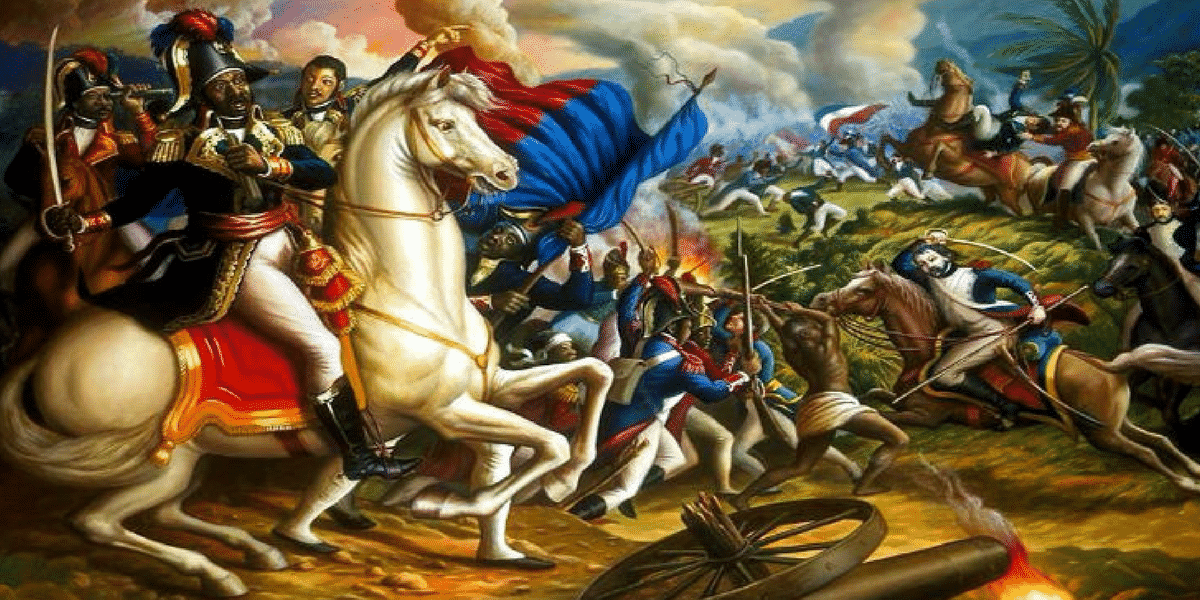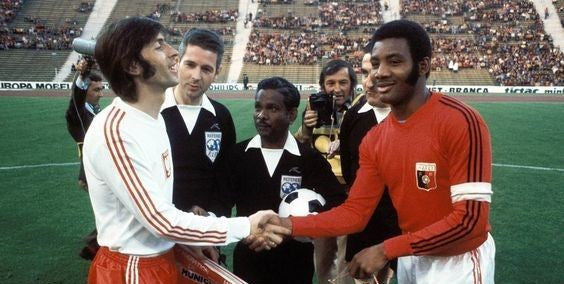They wore the jersey with pride









Join the Taíno community #ForTheKultur
-

 Sale
SaleHaiti jersey
4.89 / 5.0
(9) 9 total reviews
Regular price €45,00 EURRegular price€70,00 EURSale price €45,00 EURSale

Our customers speak for us.
The Tainos jersey has already won over a community proud of Haitian culture. Discover even more authentic reviews directly on our Instagram: @tainos.haiti

This jersey symbolizes the strong values of our country. It is embroidered with the motto " Unity is strength ," proudly displays the date 1804, and highlights the name Haiti in writing, but also in a "graphic" way, with many small details that reflect our culture and identity.





Community
Our roots
Carrying History
Football in Haiti: More than a sport, a popular passion
From the 1970s to the present day, soccer has been a staple of Haitian neighborhoods. Our jerseys celebrate this culture with nods to street clubs and the national team.
Jean-Jacques Dessalines: A name, a legend
Jean-Jacques Dessalines is not just a military figure: he is one of the most powerful heroes in Haitian history. A founding father of the world's first independent Black republic, he embodies Haitian resistance, pride, and identity.
In 1804, after leading the revolutionary troops to victory against Napoleon's army, Dessalines proclaimed Haiti's independence. His vision? A free, sovereign country, free from all forms of domination. His name is forever etched in the country's history, but also in its hearts.
Our "Haiti" jersey is directly inspired by this heritage.
This jersey pays tribute to the greatness and fighting spirit of the Haitian leader. The deep red and intense blue symbolize both the blood shed for freedom and the strength of national unity.
It's not just a football shirt. It's a symbol of independence , a garment of identity , a pride worn on the shoulders .

November 18, 1803 – Battle of Vertières: the last charge
The Battle of Vertières , on November 18, 1803, was the last major confrontation between Haitian troops and the French army. Commanded by Dessalines, the native forces won a decisive victory that precipitated Napoleon's withdrawal.
Vertières was a moment of bravery, strategy, and national pride. It was also proof that freed slaves could defeat a better-equipped European army.

January 1, 1804 – Birth of Haitian independence
On January 1, 1804, Haiti became the world's first free Black state and the first colony to break free from a European empire. This date is much more than a historical milestone—it is a cry for freedom, a rebirth, a human victory.
On that day, in the city of Gonaïves, Jean-Jacques Dessalines proclaimed the independence of Santo Domingo and renamed the island "Haiti," after its indigenous name. It marked the end of slavery and the beginning of a struggle for self-determination that continues to this day.

May 1805 – Creation of the modern Haitian flag
On May 25, 1805, Dessalines officially adopted the blue and red flag , without the colonial white. A symbol of union between Blacks and Mulattoes, it embodies resistance, pride, and Haitian identity.

May 1805 – Creation of the modern Haitian flag
On May 25, 1805, Dessalines officially adopted the blue and red flag , without the colonial white. A symbol of union between Blacks and Mulattoes, it embodies resistance, pride, and Haitian identity.
The History of Tainos
Young, of Haitian origin.
This jersey is a way to stay connected to my culture, to talk about it with those around me, to bring it to life. A simple design yet full of meaning.
Because we all have a story to tell.
And that Haiti's deserves to be worn proudly.


